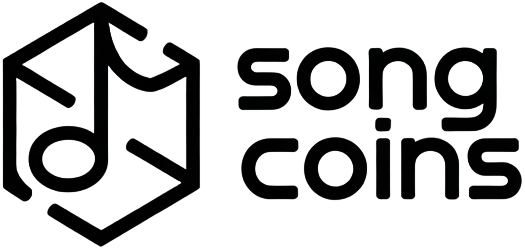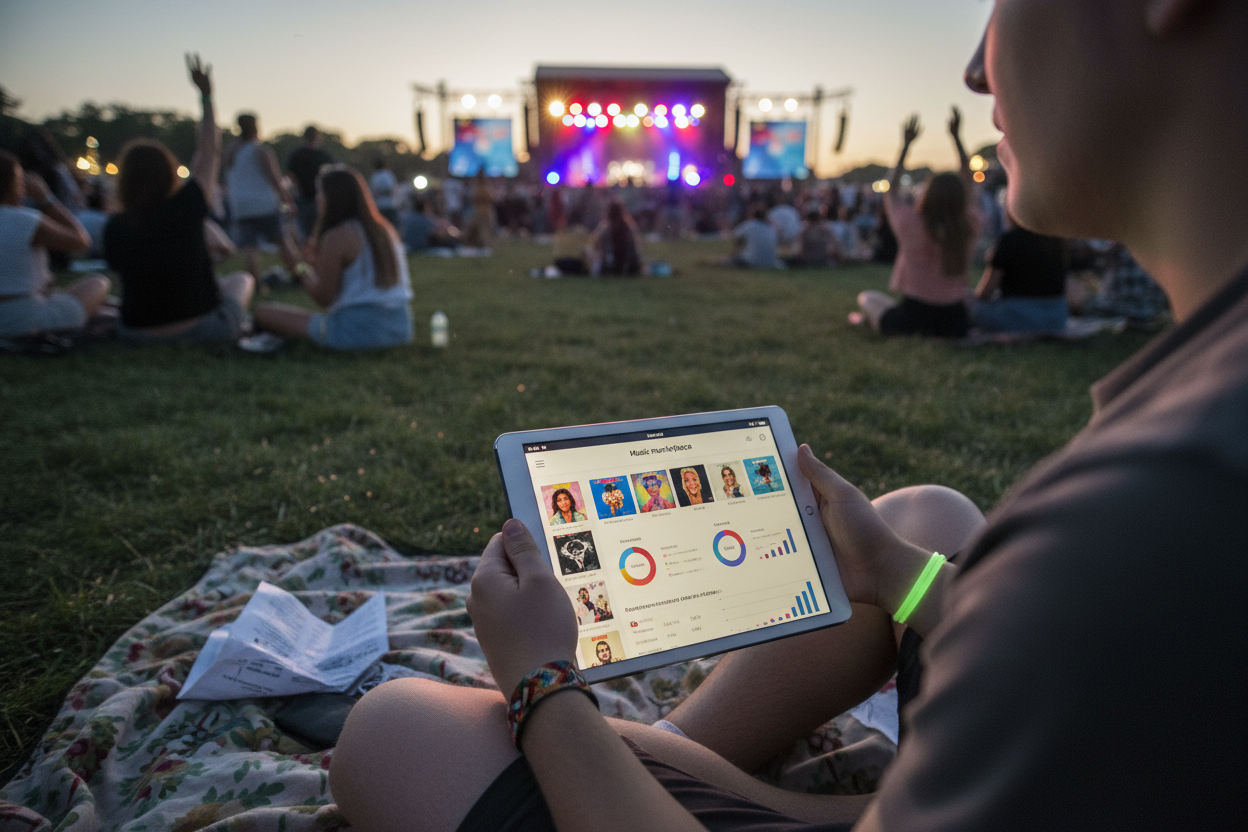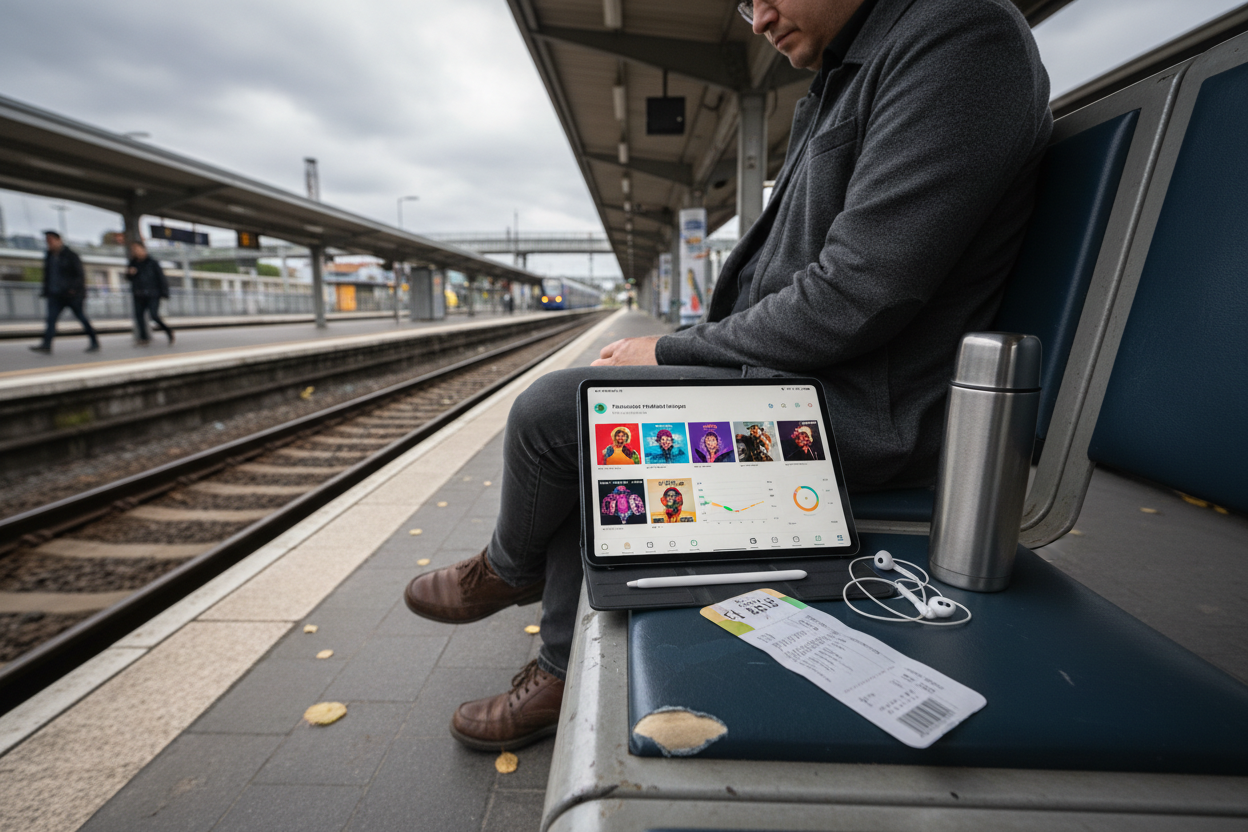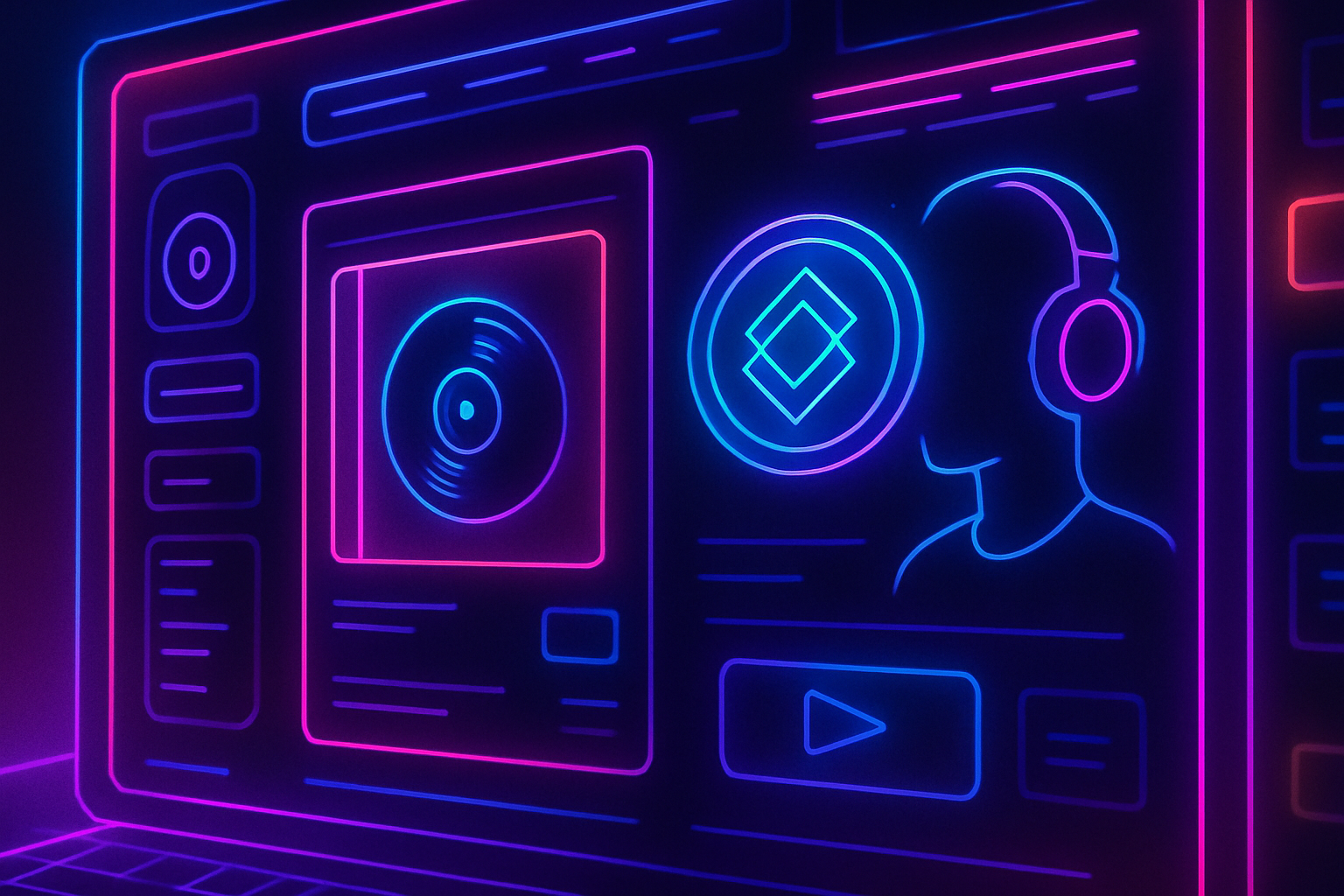
The music industry’s financial architecture has long been defined by delays, opacity, and a labyrinth of intermediaries. In 2025, blockchain-powered tokenized IP music is rewriting that script. Artists are no longer forced to wait months for royalty checks or watch their earnings siphoned away by labels and distributors. Instead, they’re leveraging blockchain to convert their intellectual property into digital tokens, enabling instant royalty payouts and direct fan engagement.
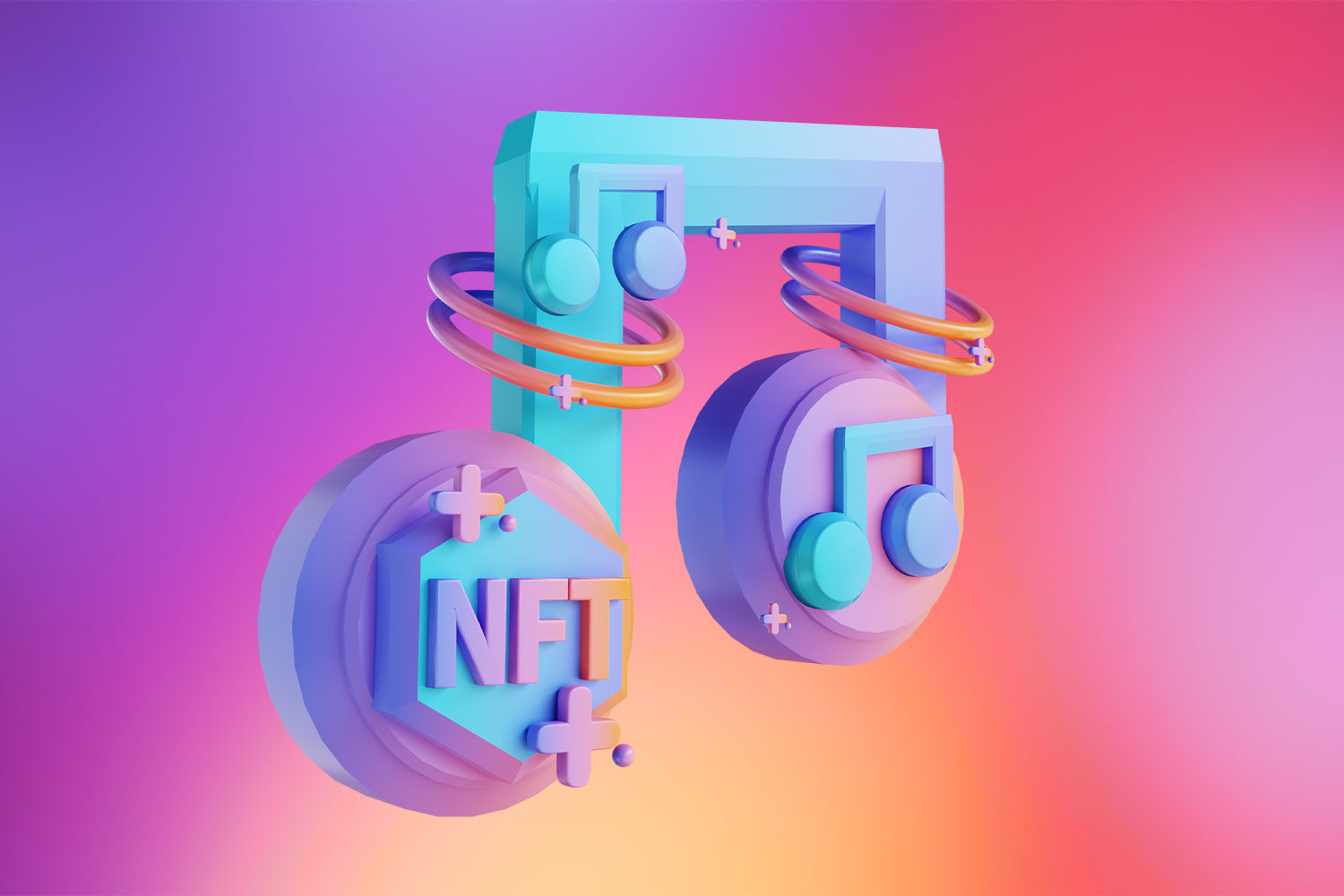
From Streams to Tokens: Redefining Music Ownership
Tokenization fundamentally transforms how rights to songs or albums are managed. By representing ownership as digital tokens on a blockchain, artists can fractionalize their revenue streams and sell shares directly to fans or investors. This approach not only democratizes access but also turns every stream into an on-chain event that triggers transparent, automated payments via smart contracts.
Platforms like Audius have become case studies in this new model. Musicians upload their work without intermediaries, track play counts in real time, and receive immediate compensation based on actual usage data. The result is a more equitable system where artists retain control of both their catalog and the economics of their creative output (source).
The End of the Middleman Era
The traditional royalty chain is riddled with inefficiencies: collection societies, publishers, international payment processors – each taking a cut and adding friction to the process. Blockchain-based music royalty platforms like Rialo and OVAULT are designed to eliminate these pain points by automating revenue distribution through code rather than contracts.
Key Benefits of Blockchain in Music Royalties
-
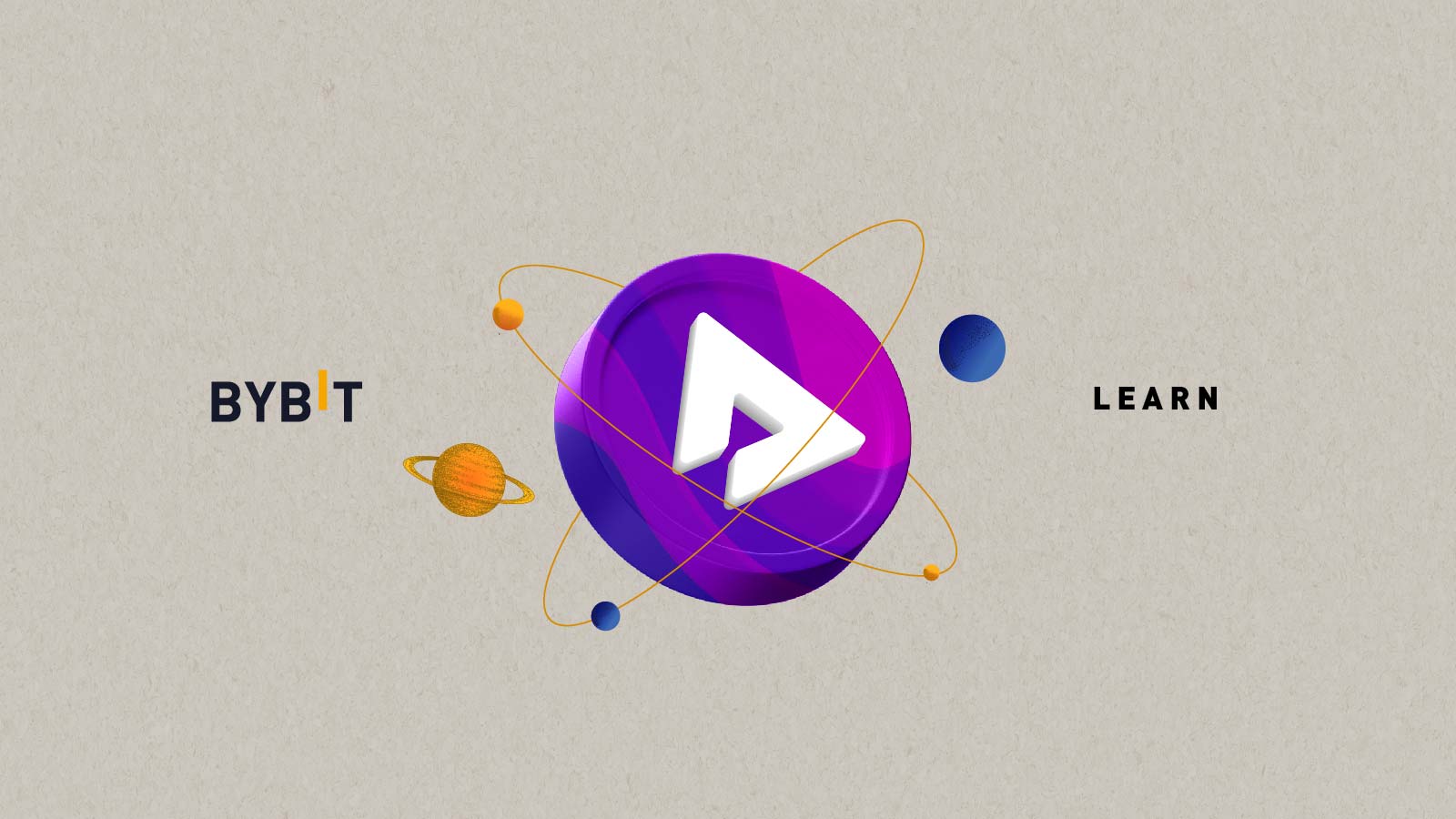
Instant and Automated Artist Payouts: Blockchain platforms like Audius use smart contracts to automate royalty payments, ensuring artists receive funds immediately when their music is streamed or purchased—eliminating the months-long wait typical with traditional systems.
-

Full Transparency in Royalty Distribution: Every transaction and royalty split is recorded on the blockchain ledger, providing unprecedented visibility for artists, collaborators, and token holders. This reduces disputes and ensures fair compensation for all parties involved.
-
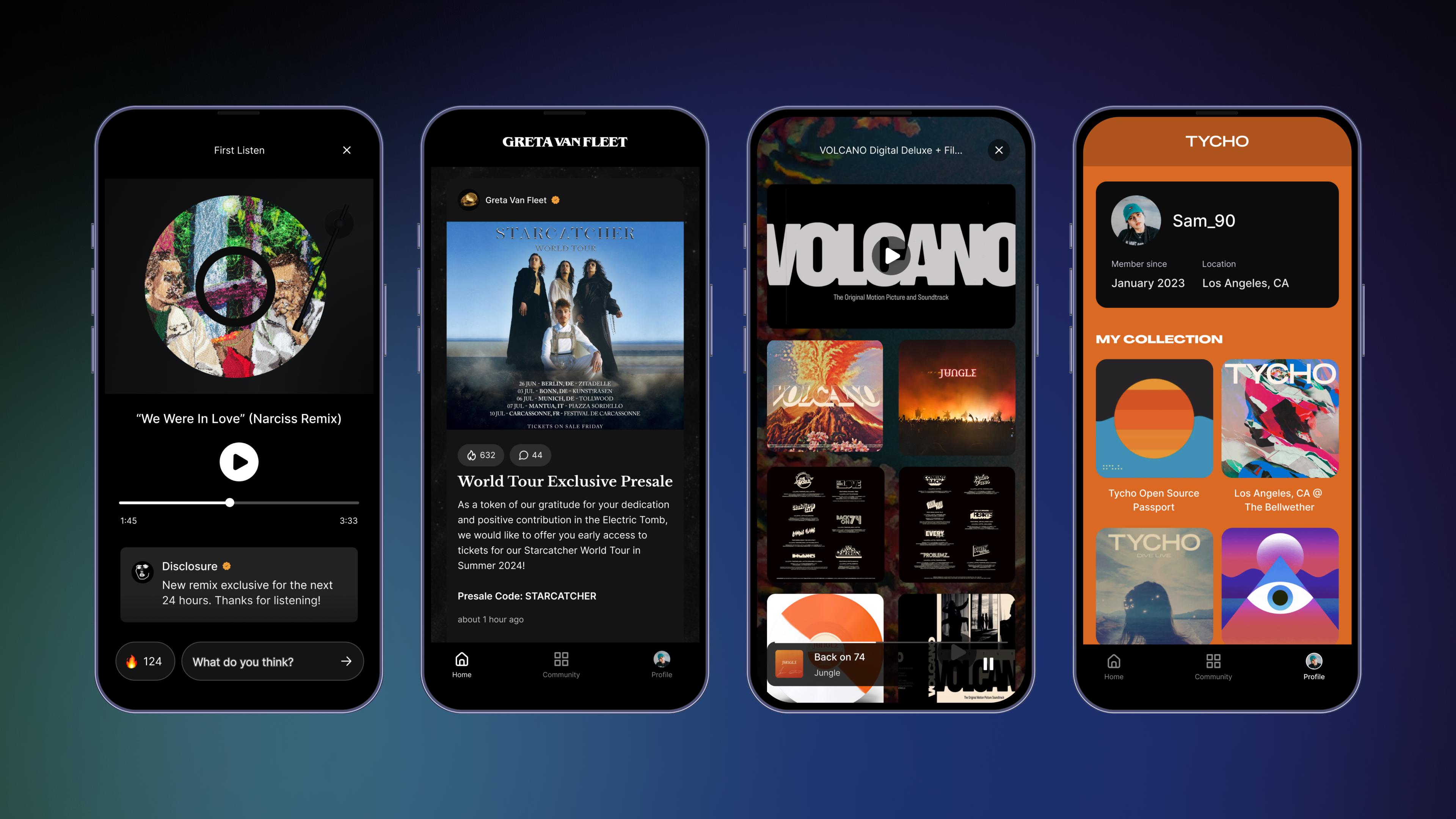
Elimination of Traditional Middlemen: By leveraging blockchain, artists can distribute music directly to fans without relying on record labels or distributors, retaining a larger share of revenue and reducing unnecessary fees.
-
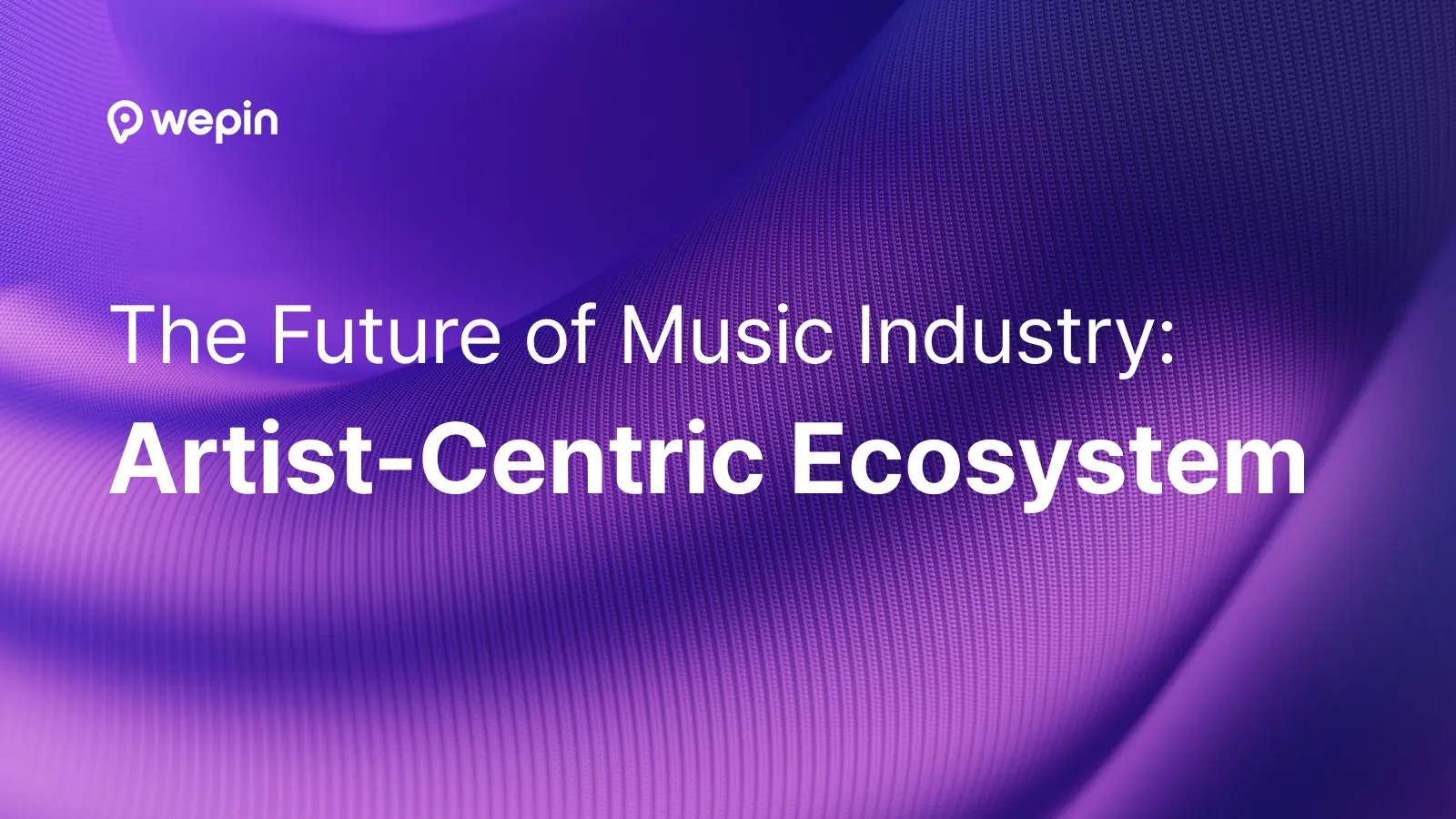
Global Access Without Extra Fees: Blockchain operates across borders, allowing musicians to reach a worldwide audience and receive payments in cryptocurrency without international transaction costs or currency conversion hassles.
-

New Revenue Streams via Music NFTs: Platforms like OpenSea enable artists to mint and sell music NFTs, giving them direct control over unique digital assets and unlocking innovative ways to monetize their work.
Smart contracts underpin this transformation. Once predefined conditions are met – for example, when a track is streamed or licensed – payments are distributed instantly to all token holders according to their share. This isn’t just theoretical; it’s already happening across leading IP tokenization platforms (source). The transparency inherent in blockchain ledgers means every party can verify payment splits in real time, drastically reducing disputes over compensation.
Payouts Without Borders or Delays
The global nature of streaming once meant cross-border royalties were subject to heavy fees and multi-month delays due to currency conversions and banking regulations. With music industry tokenization, artists receive global payments instantly – whether their fans are in Berlin or Buenos Aires – with zero additional cost for international transactions.
This borderless model also encourages new forms of fan engagement through NFT music assets. By selling unique digital collectibles or fractional song rights directly to supporters, musicians create fresh revenue streams while maintaining full control over licensing terms (source). It’s not just about faster money; it’s about fundamentally shifting the power dynamic back toward creators.
For investors, tokenized IP music opens up a previously inaccessible asset class. Music royalties, once the domain of major labels and institutional catalogs, are now available for fractional ownership and trading on open markets. This liquidity means that fans and speculators alike can participate in the upside of hit songs or emerging artists. The transparency provided by blockchain ensures that every royalty payment is traceable and auditable, giving confidence to all stakeholders in the system.
What’s truly strategic here is the way blockchain aligns incentives across the value chain. Artists gain direct access to their revenue streams; fans become micro-investors with a vested interest in promoting the music they love; platforms like Rialo and OVAULT earn fees for facilitating seamless transactions rather than hoarding value. This decentralized model not only increases efficiency but also reduces systemic risk by dispersing ownership and automating compliance through code.
Quantifying the Impact: Efficiency, Equity, and Engagement
The numbers are telling. Where legacy systems often took 6-12 months to process international royalties, smart contract-powered platforms settle payments in minutes. According to recent industry studies, artists using tokenized models report earning 20-50% more per stream compared to traditional payout structures, primarily due to the elimination of middlemen and opaque accounting practices.
Top Quantifiable Benefits of Instant Blockchain Royalty Payouts
-
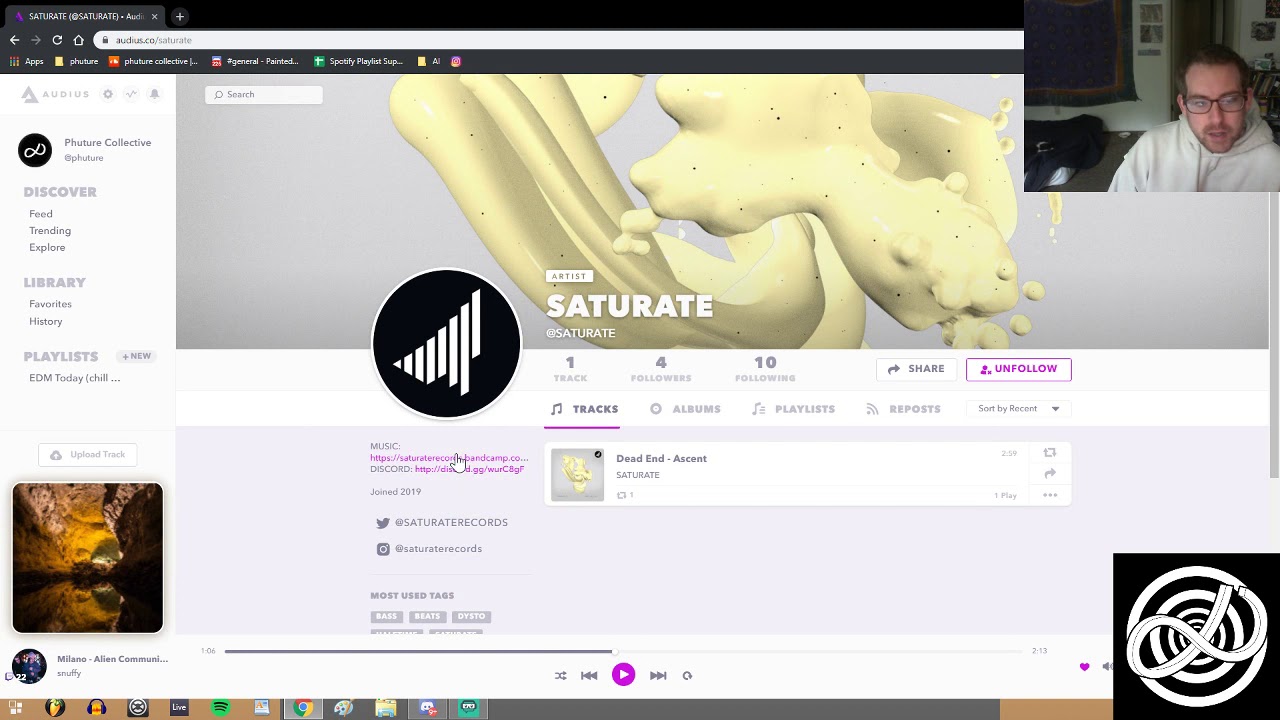
Immediate Artist Compensation: Platforms like Audius enable real-time payouts to artists, eliminating the industry-standard waiting period of 3-12 months for royalty checks. This ensures musicians receive earnings as soon as their music is streamed or sold.
-

Transparent Royalty Distribution: Blockchain’s public ledger provides full visibility into payment flows, allowing artists and rights holders to independently verify how royalties are split and distributed. This transparency reduces disputes and increases trust.
-

Elimination of Middleman Fees: By removing traditional intermediaries like record labels and distributors, blockchain platforms allow artists to retain a larger share of revenue—often increasing take-home pay by 20-50% compared to legacy systems.
-

Automated Smart Contract Payments: Platforms such as OpenSea and Royalty Exchange use smart contracts to automatically distribute royalties to all stakeholders based on pre-set terms, minimizing human error and administrative delays.
-
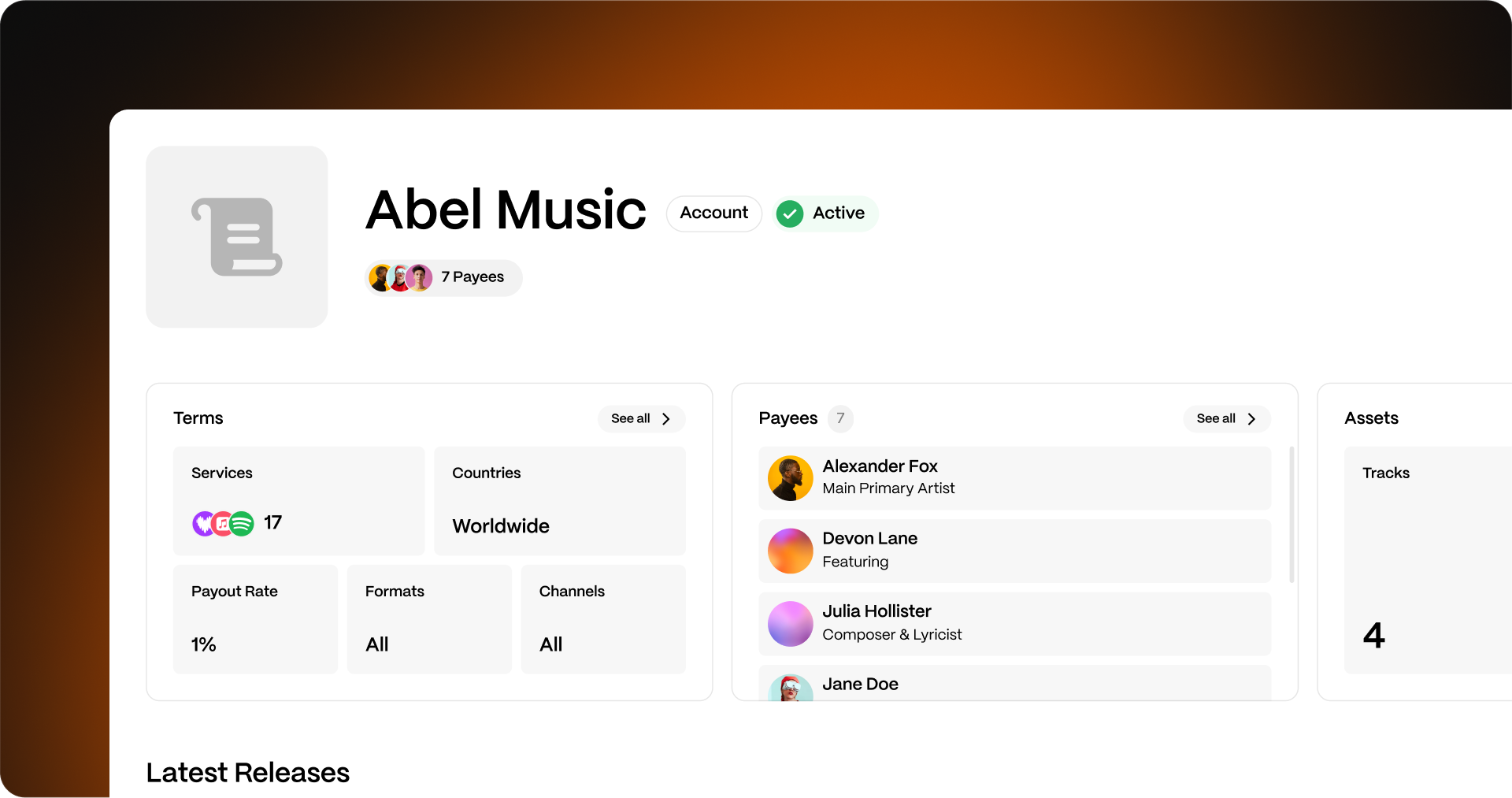
Global, Borderless Transactions: Blockchain-based payouts are instant and borderless, allowing artists to receive international royalties without delays or costly currency conversions, expanding their global reach and revenue potential.
Moreover, tokenization enables dynamic pricing for rights based on real-time demand. If a song goes viral overnight, its royalty tokens can appreciate instantly, reflecting true market sentiment rather than being locked into outdated contracts or catalog valuations. For artists navigating an increasingly competitive landscape, this agility is invaluable.
Fan engagement also reaches new heights when supporters can literally own a piece of their favorite artist’s success. NFT drops tied to exclusive content or future royalties have led to record-breaking sales events, with proceeds flowing directly into creators’ wallets, no gatekeepers required.
Risks, Rewards, and What Comes Next
While music industry tokenization delivers undeniable benefits in speed and transparency, it also introduces new considerations around regulatory compliance and digital asset security. Platforms must ensure robust KYC/AML procedures and educate users about wallet safety to prevent fraud or loss of funds. Yet as infrastructure matures, and as high-profile successes continue to make headlines, the barriers to entry are falling rapidly.
The bottom line? Blockchain-driven models aren’t just disrupting how artists get paid; they’re redefining what it means to own and invest in music itself. As more creators embrace instant royalty payouts via tokenized IP music platforms like Rialo and OVAULT, expect accelerated innovation at the intersection of finance, fandom, and creativity.
